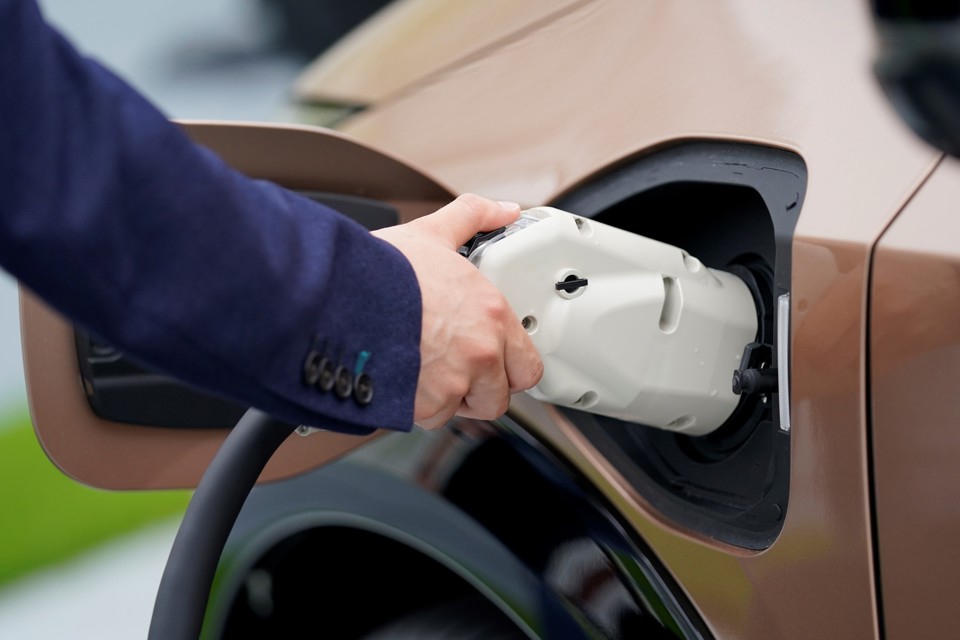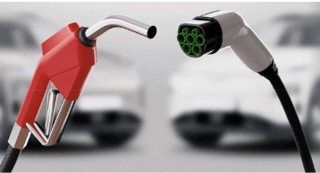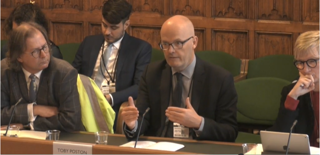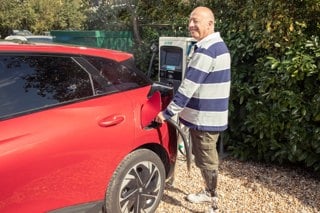Almost three quarters (72%) of Brits have never been in an electric vehicle (EV), either as the driver or passenger, according to new research by Appinio.
The data of 2,000 of people in the UK aged between 16 and 65 reveals there is still work to do to expose the general public to EVs and help them become more familiar with the technology behind them.
Additionally, 51% claim to not know anyone who owns an EV - this is reflected in only 15% of people learning about EVs from friends and family.
While over two thirds of respondents (70%) “somewhat to wholly support” the banning of new registration combustion engines by 2030, just under half of those surveyed are “rather unlikely to not at all likely” to buy an electric or hybrid vehicle as their next car.
However, with the recent UK fuel shortage causing motorists to go without fuel and facing lengthy queues for a number of days across the country, the industry saw a 60% rise in searches for EVs indicating a surge in interest.
Fuel savings, financial incentives and test drives
For those who have purchased an EV, the biggest reasons for the decision was to save money on fuel (48.1%) yet less than a fifth (17.4%) cited the financial incentives you can receive - if you compare this with the 83% who believe there should be more Government subsidies on offer, there is a clear opportunity here to potentially capitalise on how to incentivise more people to convert.
The research also revealed that three quarters of Brits would be keen on a free test drive of an EV - which, if combined with the knowledge that 98.5% of those with an EV claim to be somewhat to very satisfied with the purchase, could bode well in successfully interesting people in potentially buying an EV.
The barriers to entry, however, include over half (56%) believing that the charging infrastructure isn’t suitable for everyday use and two in five (42%) believing the battery life and range isn’t suitable for everyday use.
For those who have experienced a journey in an EV, half said this was with family or friends and 38% said it was in a taxi - with growing companies, such as Uber, offering low-emission rides in either fully electric or hybrid vehicles.
The top three attributes that respondents say they associate with EVs are the environmental friendliness (51%), expensive prices associated (50%) and the fact they feel futuristic (35%).
When asked what channels people mainly see, hear or read about EVs, television advertising was the clear leader with almost half citing this.
Online content came in second, with a third of people citing this (32.2%)- another opportunity for car manufacturers and dealers to consider building further on their online presence and ways in which to engage prospective customers online - whether through different brand experiences, virtual test drives or simply online discussion and engagement.
When asked whose responsibility it is to get people more informed, the majority (two thirds- 62%) believe it’s down to the car manufacturers, with just under a third (29%) citing the Government.
Jacqueline Junke, market lead UK at Appinio, said: “Through our research we are seeing a clear picture - many still don't feel informed enough on the benefits and practicalities of buying and owning an EV, but those who do seem almost wholly satisfied.
“We can see that many people would be interested in a free test drive of an EV, so, the task is still for car brands to find innovative ways to communicate with prospective consumers to inform, engage and interest them into taking that next step.
“Although sustainability and environmental concerns remain a high priority for people, there remains hesitancy around the belief EVs are very expensive - so, overcoming perception barriers with clearer information access must first be cleared."





















Login to comment
Comments
No comments have been made yet.